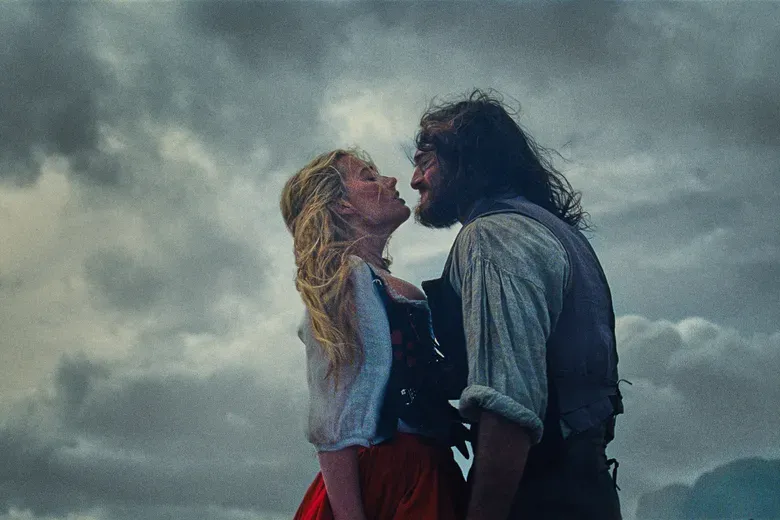
Brian Cox's Directorial Debut: A Journey Through Familial Conflict and Scottish Whiskey in 'Glenrothan'
- Oct 7, 2025
One of the finest actors of our era, Brian Cox, unveils his directorial skills quite late in his career with 'Glenrothan'. This film, which showcases Cox's native Scotland in all its splendour, is an enticing watch despite a story that is not particularly novel. Family disputes surface and find somewhat predictable resolutions, but the stellar cast effortlessly undertakes this narrative, shrugging off clichés.
The plot of 'Glenrothan' revolves around two estranged brothers, brought to life by Cox and fellow Scot, Alan Cumming. Cox's character, Sandy, runs a family distillery in the Scottish highlands while Cumming's character, Donal, operates a music club in Chicago which gets destroyed in a fire. This incident prompts him to return to Scotland, accompanied by his daughter (Alexandra Shipp) and granddaughter (Alexandra Wilkie), in an attempt to revive familial bonds.
While the resolution of their longstanding discord hardly comes as a surprise, the story introduces unexpected elements related to two unique whiskey bottles and the future of the two family-owned businesses. Cox, now identified most with his Emmy-winning turn as Logan Roy in the TV series 'Succession', celebrates his array of film roles, spanning from major Hollywood productions like 'Braveheart' and 'Troy' to smaller gems like 'Rushmore' and 'Adaptation'. It's gratifying to see Cox, wearing the director's hat, display not only his acting prowess but also his generosity towards his co-actors.
Cox's decision to rope in Cumming is met with a rewarding outcome, allowing Cumming to break free from his typecast roles and deliver one of the best performances of his career. Other notable performances include those by Shipp and veteran British actress Shirley Henderson, who convincingly pulls off a minor role with immense presence.
The film runs for only 97 minutes, but it occasionally feels stretched and overly sentimental. The overly-zealous musical scoring from Tommy Reilly and Roddy Hart seems to reinforce this overemphasis. Cox, while directing, should learn to trust his actors and the core narrative more, avoiding unnecessary sentimental embellishments.
Nevertheless, the stunning cinematography by Jaime Ackroyd manages to smooth over this imbalance, showcasing Cox's deep love for the Scottish landscape. The beauty of the countryside also plays a critical role in rekindling Donal's appreciation for his long-abandoned homeland. Even those with little tolerance for sentimental family reunion stories may find this film enjoyable. In recent discussions in Toronto, Cox hinted at a possibility of directing again, an endeavour we eagerly anticipate.


